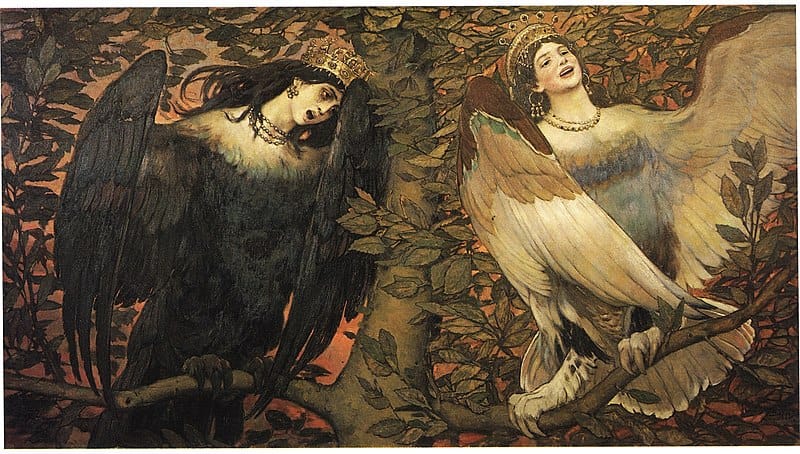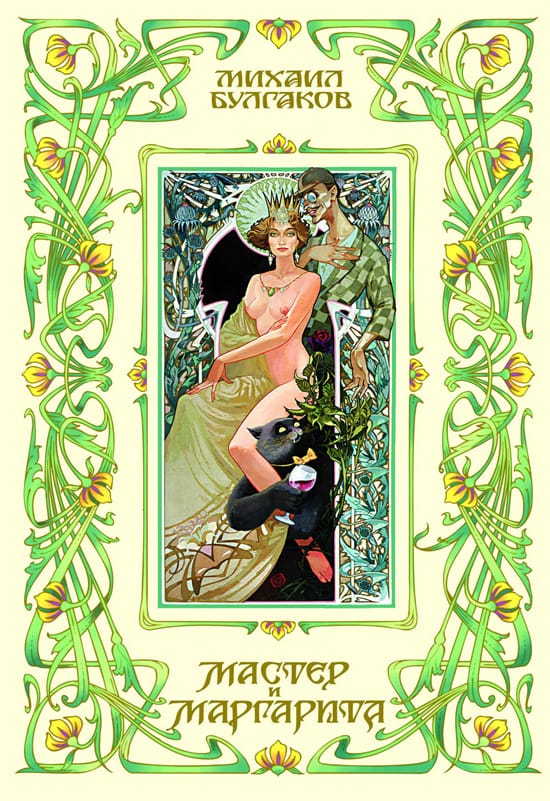'The Master and Margarita'

Mikhail Bulgakov's The Master and Margarita is the greatest Russian novel of the 20th century and still so few people know about it. The novel dazzles in the way it dissolves space and time, finding freedom in art and the imagination, exploding the Soviet nightmare, any nightmare. It seems to have inspired Mick Jagger's lyrics in Sympathy for the Devil for the song is full of references to it, from "Please allow me to introduce myself, I'm a man of wealth and taste," to making "damn sure that Pilate washed his hands and sealed (Jesus') fate," to killing "the Czar and his ministers," and so on.

Bulgakov died in 1940 and the novel wasn't published (in part) until 1966-67. Did his secret subversion satisfy him? Is there any solace to be found in hallucinatory fantasy, in revenge, in escapism? In such circumstances I think I would have chosen exile, like so many Russians. The poet Anna Akhmatova stayed and perhaps anonymity is preferable to spiritual death in exile. Nabokov never had the choice to make and so when he left Russia forever in 1919, he became Sirin...

In Viktor Vasnetsov's Birds of Joy and Sorrow (1896), that's Sirin on the left and Alkonost on the right. They are Russian Birds of Paradise that sing humans into the afterlife. Sirin resembles a "siren" - she could sing achingly of the beauty of the spiritual life, such that a man or a woman would forget everything and die. Alkonost was similar but she brought joy, not sorrow, and for the Church she represented God's will. She was less interesting. For the artist the choice is obvious...
Choose one:




For a work similar to Master & Margarita, see The Fiery Angel.
